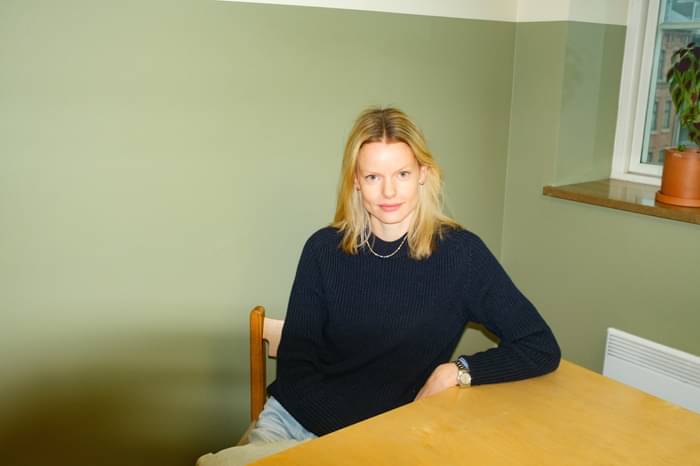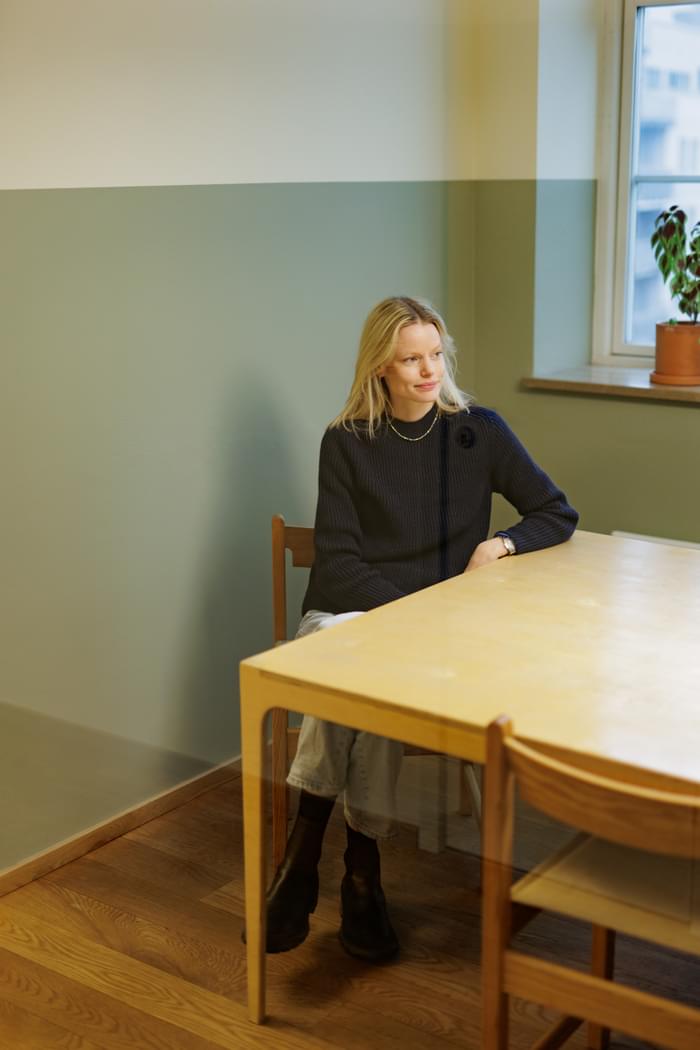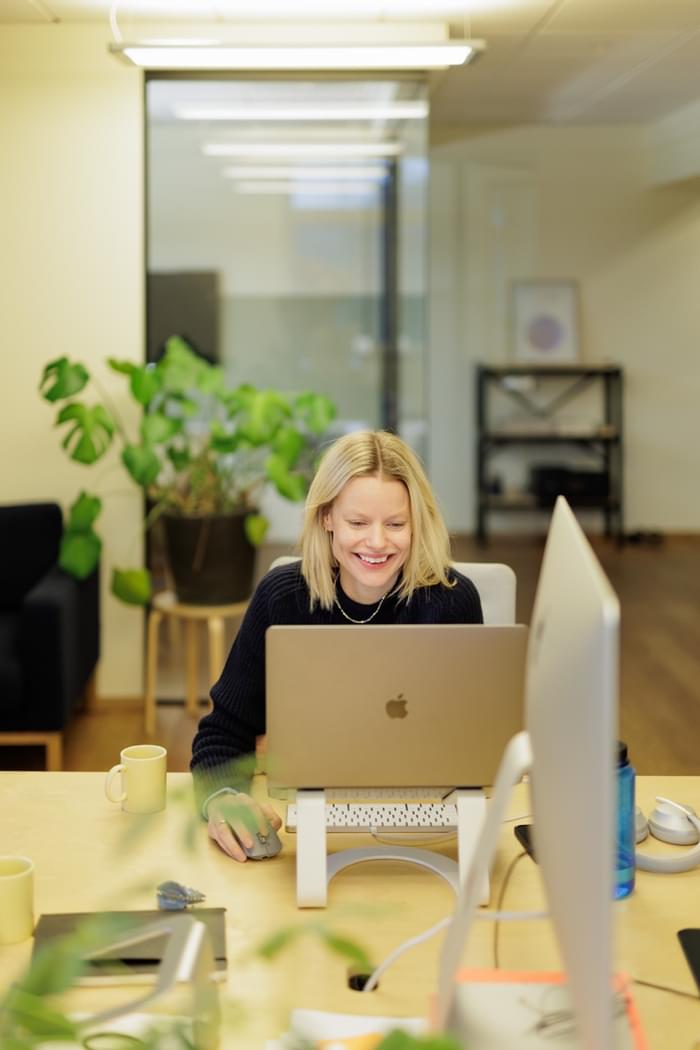
WIP What was your intro to the field of work and what exactly do you do?
JS I met some very creative art directors while working in the fashion industry and was intrigued by their work. After that, I started at Westerdals, took an Art Direction degree there, and started my career at Anorak after interning at Try.
WIP As an art director.
JS Yes, as a creative, working primarily with advertising. And there, I met my co-founders, Helena and Line, whom I started Mos with.
WIP Was it an enlightening experience when you worked with other art directors like, “Oh yeah, is this a field of work?”
JS Yes, I never grew up thinking that art direction was something I could do as a job. In my early twenties, many friends started going to Westerdals, and I was intrigued. I had tried to study other fields but felt at home when I began at Westerdals.
WIP So, what’s it like running your own business? Is that harder or is it just as fun?
JS Running your own business versus being part of a more extensive system has pros and cons. I'm very grateful that I had the experience of working in larger agencies and seeing how the industry works before starting Mos. Some of my motivation was to be in charge of my own career. It was very liberating and gave me a sense of freedom that I wanted in my life. But after some years running a smaller business, I have come to understand that the freedom you get in a big agency is also quite valuable. For example, someone else can always take your place if you're sick one day. You are a small piece in a big puzzle.
WIP Do you have any favourite projects at the moment?
JS I'm very proud of a campaign we worked with during the pandemic. It was for a psychology service called Eyr, as many people had problems and felt isolated.
We had posters throughout the city, and it was a time when people were outside a lot more because we couldn’t be together inside. The result was these beautiful, almost artsy photographs that we took together with Hinda Fahre, which we combined with some simple copy referencing everyday Norwegian sayings. The aim was to communicate that it’s a very low threshold just to have a chat with somebody if you’re struggling with something personal. That’s a recent project I’m very proud of.

